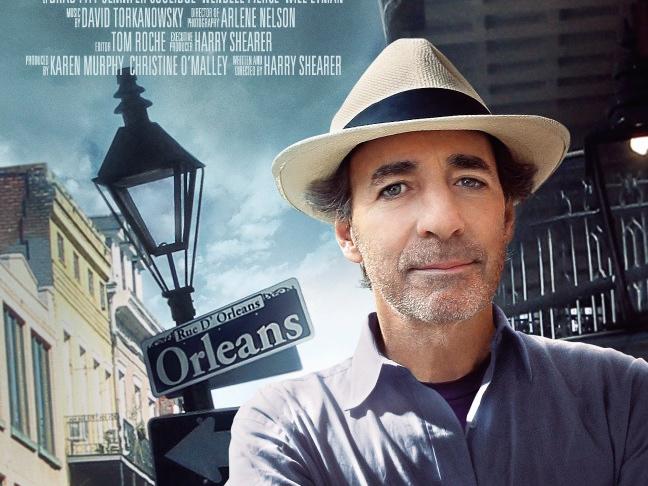Comedian Harry Shearer’s serious work: ‘The Big Uneasy’
Poster for Harry Shearer’s documentary “The Big Uneasy.” (photograph by The Big Uneasy)
Story by Living on Earth. Listen to audio above for full interview.
Six years ago, Katrina devastated New Orleans and the surrounding region, in what the National Weather Service called “the deadliest and costliest hurricane in US History.” Comedian and actor Harry Shearer, a long time resident of New Orleans, has taken a 180 degree shift from his comedy career to write and direct the new documentary, “The Big Uneasy,” which examines the factors that led to the unprecedented devastation.
The film follows two scientists, Dr. Ivor Van Heerden of the LSU Hurricane Center, and Dr. Bob Bea of the UC Berkeley Civil and Environmental Engineering Department, each charged with conducting investigations into what happened in New Orleans on August 29, 2005. According to Shearer, both scientists concluded “what happened in New Orleans was not a natural disaster but the greatest manmade engineering catastrophe since Chernobyl.”
The film highlights the efforts of whistle-blower Maria Garzino, a contract specialist for the US Army Corps Of Engineers. Garzino was alarmed when she saw that in response to Katrina, the Army Corps was installing faulty products as protections for the city in the event of future hurricanes.
For Shearer, who was in the Saturday Night Live cast for 6 years, and voices 21 characters on The Simpsons, a serious movie about Hurricane Katrina is out of the ordinary. The comedian felt obliged to step out of his normal role because he felt the media coverage of the disaster fell seriously short. “It wouldn’t have been coming from me except that the national news media really dropped the ball on this story,” says Shearer. “They built their narrative on the first dusting of the facts, and that narrative was: humongous storm, natural disaster, city below sea level, mainly African American victims…see you later. All of which was half-truths at best.”
> Read a full transcript of interview with Harry Shearer on the Living on Earth website.
————————————————————————
Hosted by Steve Curwood, “Living on Earth” is an award-winning environmental news program that delves into the leading issues affecting the world we inhabit. More about “Living on Earth.”
The story you just read is accessible and free to all because thousands of listeners and readers contribute to our nonprofit newsroom. We go deep to bring you the human-centered international reporting that you know you can trust. To do this work and to do it well, we rely on the support of our listeners. If you appreciated our coverage this year, if there was a story that made you pause or a song that moved you, would you consider making a gift to sustain our work through 2024 and beyond?
